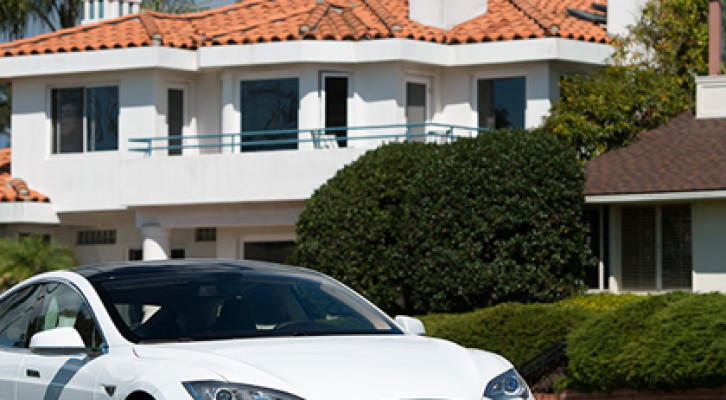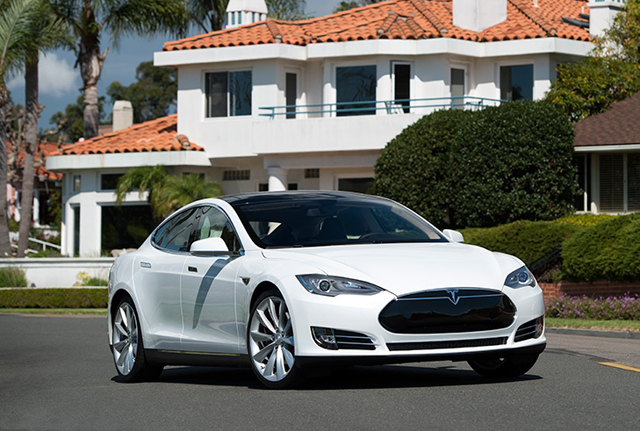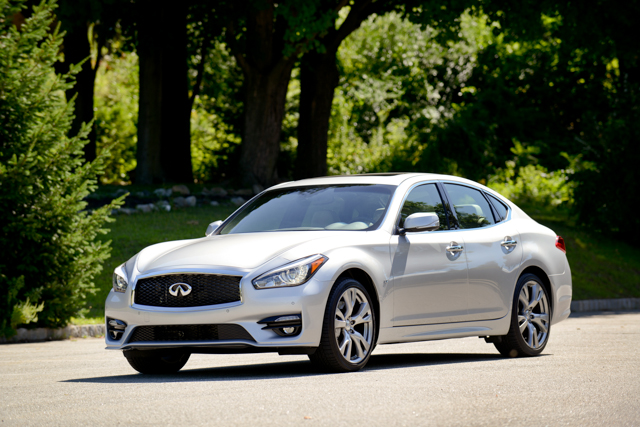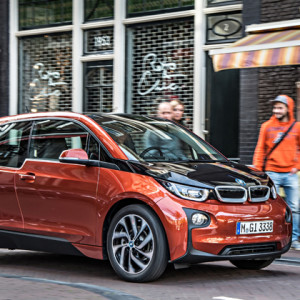As Tesla continues to expand its lineup, it’s strengthening its supply chain, and a major step in that direction was taken last week as the company extended its agreement with Panasonic Corporation. The Japanese electronics giant has worked with Tesla to develop next-generation battery cells for electric cars, and the new agreement calls for Panasonic to expand its supply of automotive-grade lithium-ion battery cells to Tesla. Panasonic will provide almost 2 billion cells over the next four years, which will be used to power the Model S and upcoming Model X, which is scheduled to hit the road by the end of 2014.
The batteries developed by Panasonic and Tesla provide a higher energy density than others on the market. Panasonic uses a cylindrical cell that maximizes battery life and power-storage quality, and it’s partly responsible for the 265-mile claimed range of the Model S.
“This expanded agreement with Panasonic is important to Tesla as we continue to increase the pace of production,” said Tesla’s CEO and co-founder Elon Musk. “We look forward to strengthening our relationship with Panasonic, and I’m confident that this partnership will continue to be an integral part of Tesla’s success for years to come.”
Tesla’s status as an automotive upstart is rapidly becoming that of a major player. The company has over 15,000 cars on the road, and its aggressively unique marketing and sales models are shaking up the way the entire industry does business. The Model S has been roundly well-received and anticipation is high for the Model X performance utility vehicle. Tesla has also made an effort to improve and expand the charging network for electric cars in the United States with its Supercharger DC fast-charge stations that link large metropolitan areas and allow Model S owners to charge for free. The network between San Diego and Vancouver was recently completed, and the company sponsored a trip up the West Coast this past week to showcase the viability of its network.





